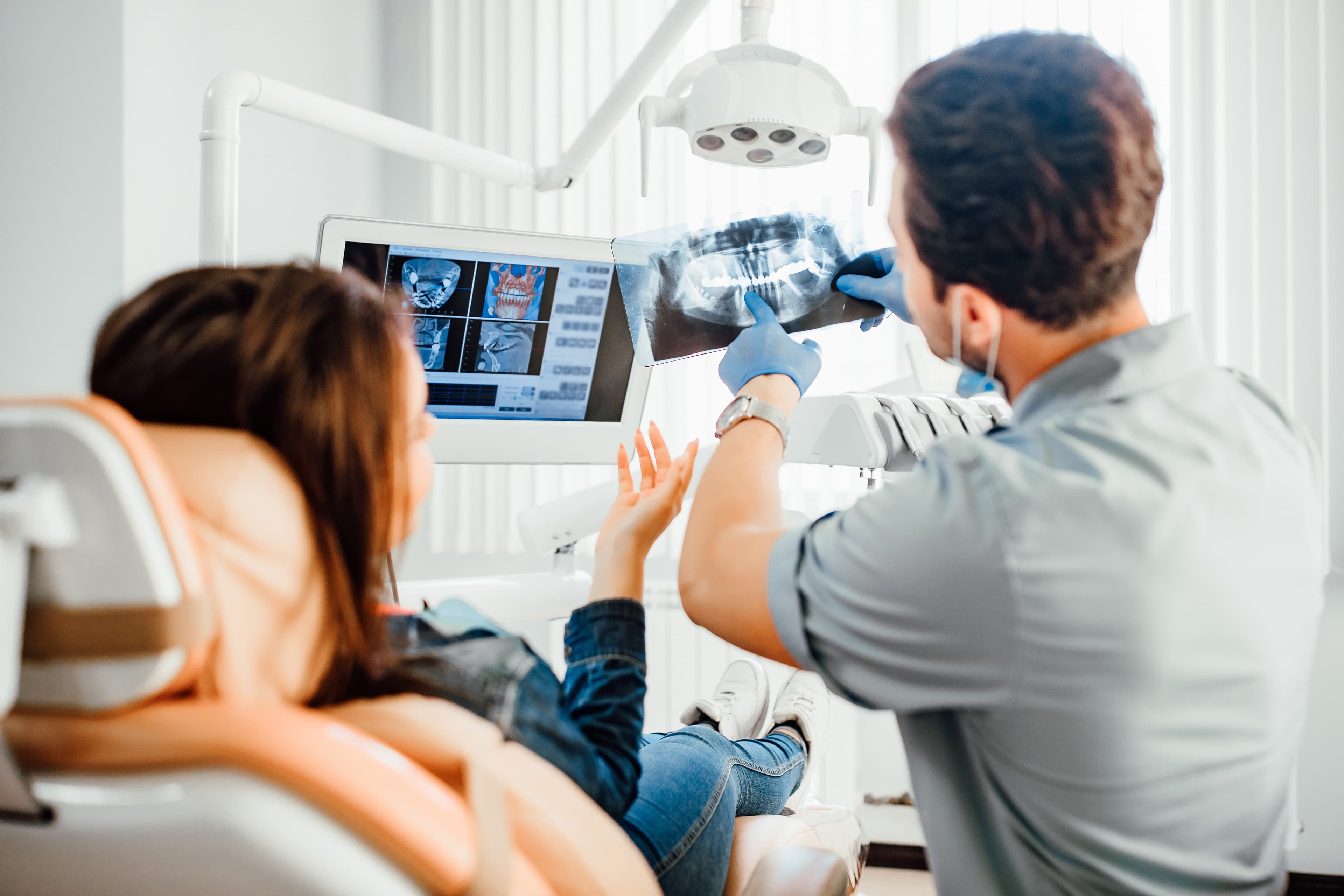Receding Gums Treatment in London
Effective care and personalised advice to help you manage and prevent further gum recession.


Protect Your Gums Before It Gets Worse
Receding gums expose the roots of your teeth, making them more sensitive and more vulnerable to decay. Gum recession can also affect the look of your smile and increase the risk of gum disease if left untreated. At Medical & Dental, we provide expert assessment and tailored treatment plans for gum recession. Whether caused by gum disease, brushing habits, or ageing, our team will help identify the cause and support you with long-term care.
What Causes Receding Gums?
Gum recession can happen gradually and often goes unnoticed until it becomes more advanced. Common causes include:
- Gum disease (gingivitis or periodontitis)
- Brushing too hard or using a firm toothbrush
- Poor oral hygiene
- Teeth grinding (bruxism)
- Smoking or tobacco use
- Genetics or natural ageing
Signs You May Have Receding Gums
- Longer-looking teeth
- Tooth sensitivity, especially to hot or cold
- Gums pulling away from the teeth
- Small notches near the gumline
- Bleeding or swollen gums
How We Can Help
1. Comprehensive Gum Assessment
We’ll examine your gums, assess the level of recession, and check for signs of gum disease.
2. Tailored Treatment Plan
Depending on your needs, we may recommend deep cleaning, desensitising agents, or referral to a specialist for advanced care.
3. Prevention and Ongoing Support
You’ll receive advice on brushing techniques, oral hygiene products, and lifestyle habits to prevent further recession.
Why Treat Gum Recession Early?
- Prevent further gum and bone loss
- Protect exposed tooth roots
- Reduce sensitivity and discomfort
- Improve the appearance of your smile
- Avoid more complex treatment in future
Why Choose Medical & Dental?
- Experienced dental team with a focus on gum health
- Calm, professional environment
- Personalised care based on your needs
- Easy online booking with no referral required

We Are Here!
Mon-Fri from 9am to 5pm





